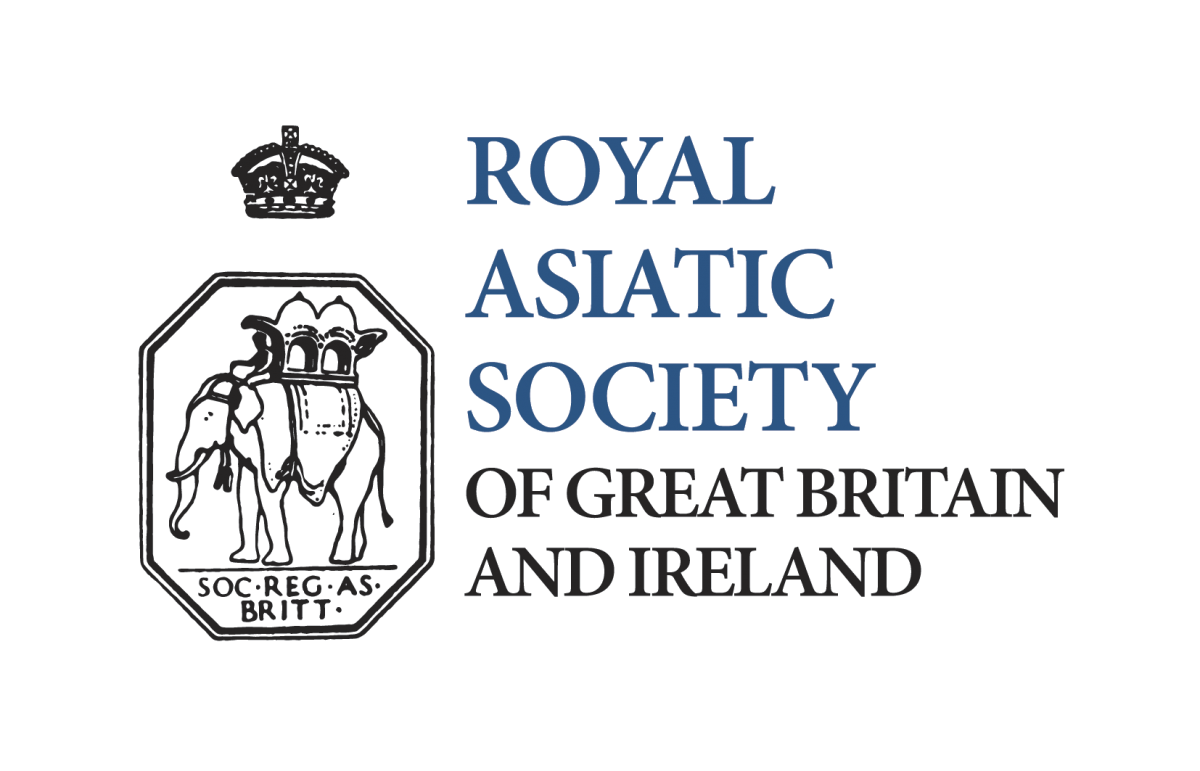The Early Ottoman Peloponnese
On Monday 24th February the Society was delighted to launch The Early Ottoman Peloponnese by Georgios Liakopoulas, the latest publication in the Ibrahim Pasha of Egypt series, published in collaboration with the Gingko Library. The Ibrahim Pasha of Egypt fund was established in 2001 by Princess Fazilé Ibrahim to publish Ottoman documents and manuscripts of historical importance from the classical period up to 1839 with transliteration, full or part translation, and scholarly commentaries. The launch, held at The British School at Athens, was jointly organised by The British School at Athens, The Hellenic Institute at Royal Holloway, The Gingko Library, to whom we are grateful for their support, and the Royal Asiatic Society. The evening was introduced by Dr.John Bennet, Director of the British School, followed by Professor Francis Robinson, Chair of the Monograph Board, who outlined the importance of such publications and thanked the Gingko Library for agreeing to publish this series with the RAS.

Talks were then given by Professor Paraskevas Konortas of the University of Athens, Professor Georgia Katsouda of the Academy of Athens and Dr. Georgios Liakopoulas. The launch was very well-attended and the Society would like to thank all those who contributed to making this launch such a success, Dr. John Bennet and Tania Gerousi of the British School at Athens for their gracious hospitality, Harry Hall and Aida Bahrami of the Gingko Library for their hard work, Dr. Charalambos Dendrinos of The Hellenic Institute, Royal Holloway, for his support and last, but not least, Dr. Georgios C. Liakopoulas.

In this book, Georgios C. Liakopoulos presents a unique insight into late Byzantine Peloponnese society and its economy, and how these were incorporated into the Ottoman Empire, using as reference the cadastre compiled immediately after the Ottoman conquest. What makes this study imperative is the fact that no similar Byzantine document of the period has survived. The author offers a thorough analysis of the demography of the Peloponnese and its categorisation into urban/rural and sedentary/nomadic, concentrating on the Albanians, the second largest ethnic group after the Greeks. A detailed presentation of the level of agricultural production, livestock, fishing and commerce is illustrated with tables and charts. The book is complemented with a diplomatic edition of the transcribed Ottoman text and facsimiles of the cadastre.

Georgios C. Liakopoulos taught Modern Turkish Language and Ottoman History and Palaeography at the University of Athens. He is currently employed as senior postdoctoral researcher at the Max Planck Institute for the Science of Human History in Jena.
~ ~ ~ ~ ~
The RAS was the venue for another book launch this week. Tuesday 25th February saw the launch of “Malay Seals from the Islamic World” by Annabel Teh Gallop. It was a full and enjoyable evening giving many people the opportunity to hear about Annabel’s new book and, of course, to purchase their own copy.

Our next event will be on Thursday 12 March, 6:30 pm, when Christopher de Bellaigue will lecture on “The Islamic Enlightenment”. Christopher will consider the debate concerning accusations that the Muslim world has failed to modernize, reform and adapt. He will propose that, from the beginning of the nineteenth century to the present day, Islamic society in its Middle Eastern heartlands has been transformed by modern ideals and practices, including the adoption of modern medicine, the emergence of women from seclusion, and the development of democracy. He will consider how Islamic civilization has been undergoing an anguished transformation, and the violence of an infinitesimally small minority is the blowback from this process. We welcome you all to come and hear this lecture.
